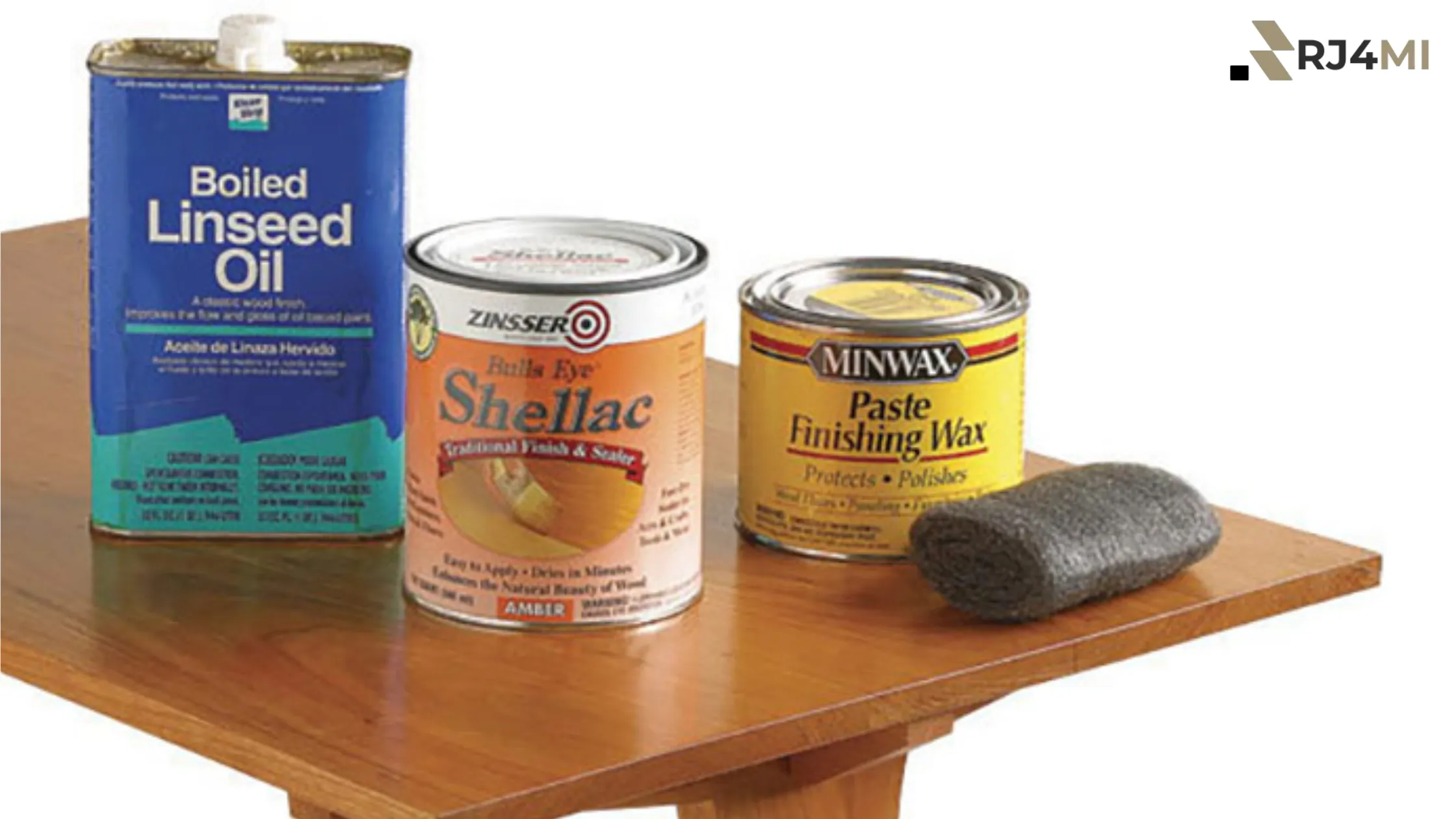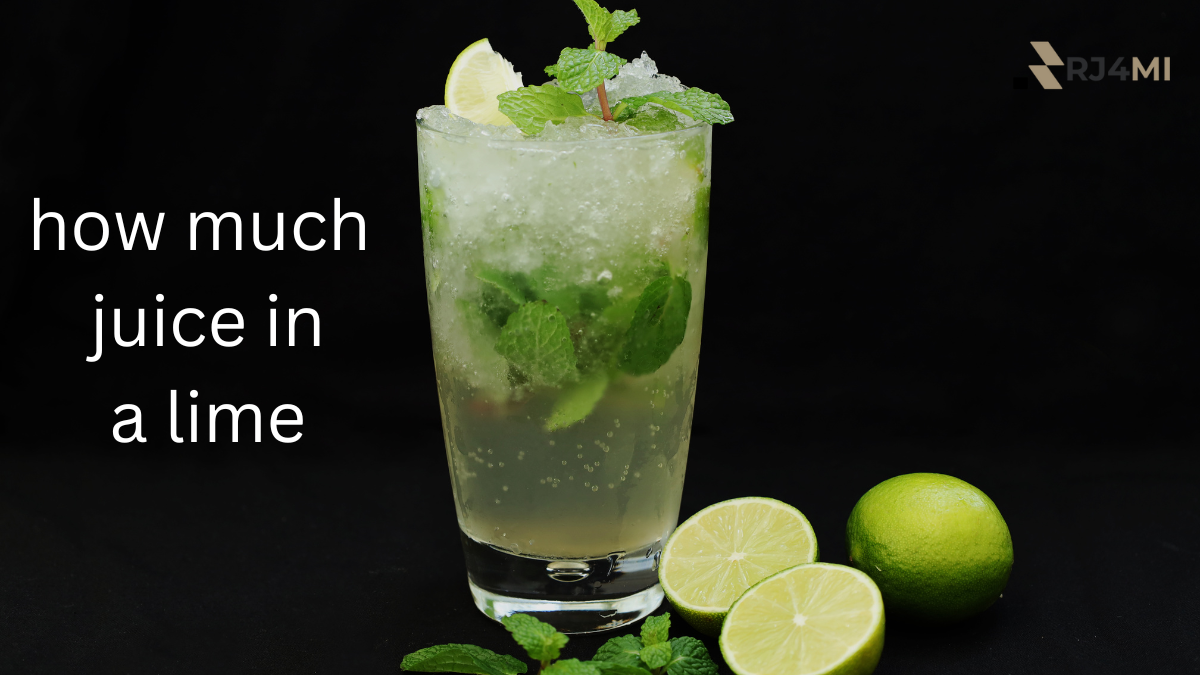Table of Contents
Wood finishing is crucial for keeping wooden items in good shape. This is especially important for items that touch food. Various oils, including linseed, mineral, and tung, are commonly used. However, when it comes to boiled linseed oil, many people wonder, is boiled linseed oil food safe?
This question is particularly important for surfaces like cutting boards and wooden utensils. This article looks at raw and boiled linseed oil. It will discuss their uses and the best alternatives for food contact surfaces. Also, it will address if boiled linseed oil is safe for food.
What Is Boiled Linseed Oil?
Understanding Linseed Oil
Linseed oil, also known as flaxseed oil, is a natural wood oil derived from oil from flax seeds. It has been widely used in wood preservation due to its ability to protect wood and enhance wood grain. Linseed oil comes in different forms, including raw linseed oil, boiled linseed oil, and polymerized linseed oil.
Difference Between Raw and Boiled Linseed Oil
The primary distinction between raw and boiled linseed oil is their drying time. Raw linseed oil is the purest form but takes longer to dry.
The Boiling Process and Additives
Boiled linseed oil, despite its name, isn’t just heated. It’s chemically treated with metallic dryers like cobalt and manganese. This process makes boiled linseed oil dry faster than raw, forming a film finish that seals the wood surface efficiently. Given this treatment, many ask, is boiled linseed oil food safe?
Also Read: Primary Source of Middle Ages Food Recipes: Tasty Discovery
Is Boiled Linseed Oil Food Safe?
Presence of Chemical Additives and Drying Agents
One of the primary concerns with boiled and raw linseed oil is the presence of drying agents. These chemicals make the oil oxidize and cure fast. However, they also make boiled linseed oil unsafe for food prep and contact surfaces. This is why many people question, is boiled linseed oil food safe for kitchen use?
Potential Health Risks of Boiled Linseed Oil
Due to its chemical composition, boiled linseed oil is not considered food-safe. If cutting boards or wood bowls are treated with it, they can contaminate food. Unlike food-grade mineral oil, it is not formulated for food preparation.
Why It’s Not Recommended for Food Contact Surfaces
If one wishes to use linseed oil on food preparation surfaces, raw linseed oil is safe but impractical due to its slow drying time. Boiled linseed oil may seem like a convenient alternative, but the added drying agents pose risks to food safety. This raises the question: Is boiled linseed oil food safe for everyday use?
Alternative Oils for Food-Safe Wood Finishing
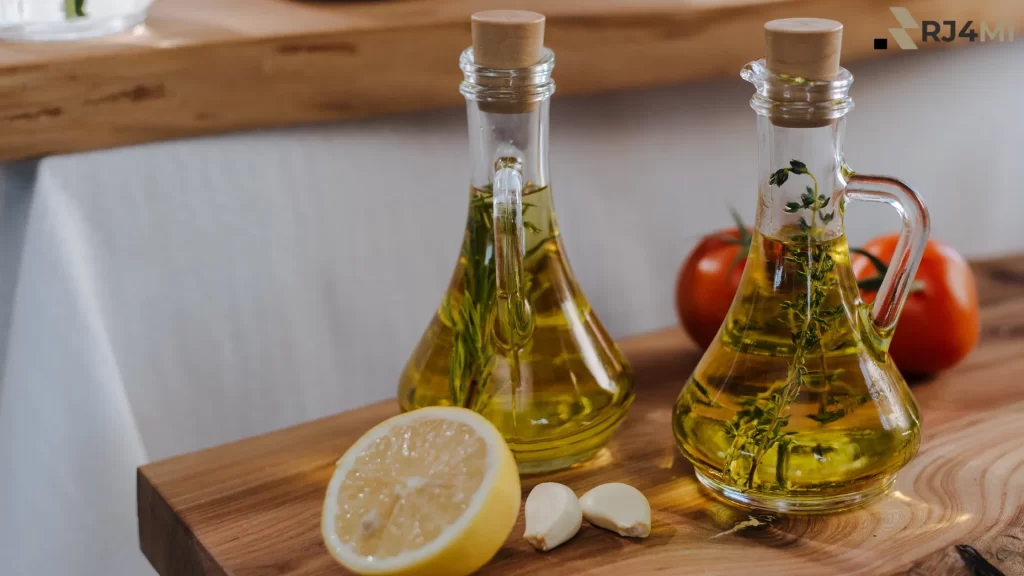
1. Raw Linseed Oil vs. Boiled Linseed Oil
- Raw linseed oil is safe but can take weeks to dry.
- Boiled linseed oil dries faster but is not food-safe.
- Polymerized linseed oil is a better option since it does not contain toxic additives and provides a durable oil finish.
2. Mineral Oil: A Popular Food-Safe Choice
- Food-grade mineral oil is commonly used for wood-cutting boards.
- It does not oxidize or go rancid.
- Unlike linseed oil used in wood finishing, mineral oil needs frequent reapplication to protect the wood.
3. Tung Oil: A Natural Alternative
- Pure tung oil is extracted from the tung tree and is considered food-safe.
- Unlike boiled linseed oil, pure tung oil hardens to form a strong oil finish.
- Many woodworkers love tung oil for its water-resistant properties.
4. Danish Oil and Other Blended Finishes
- Danish oil is a blend of oil and varnish.
- Some Danish oil brands may contain toxic additives, making them unsuitable for food contact surfaces.
- If selecting Danish oil, ensure it is labeled food-safe.
Can Boiled Linseed Oil Be Used on Cutting Boards?
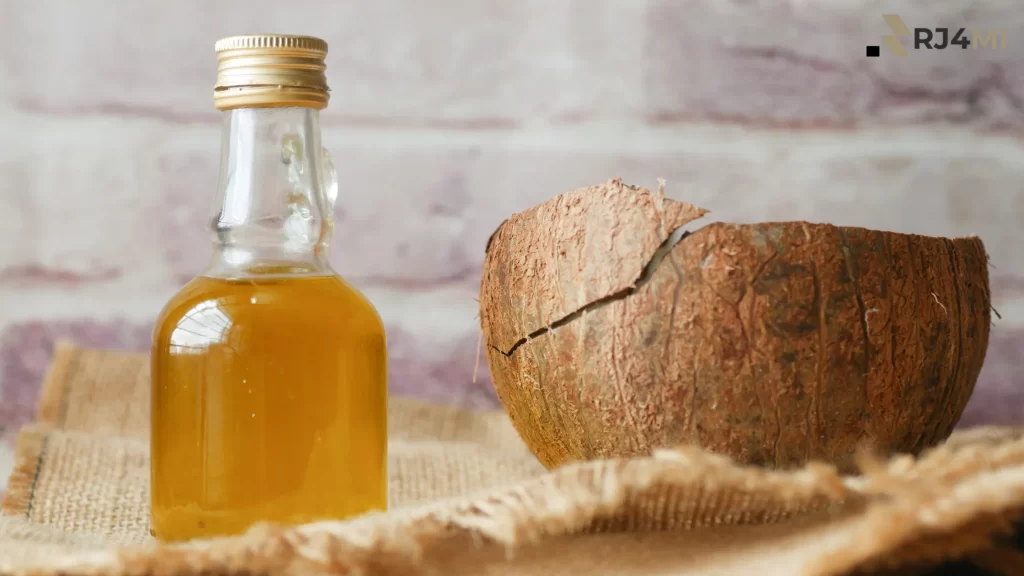
- Boiled linseed oil is not recommended for wood-cutting boards.
- The oil and boiled linseed oil contain chemical drying agents.
- Food-safe finishes, such as walnut oil and mineral oil, are better options.
- This once again brings up the essential question: is boiled linseed oil food safe for cutting boards? The answer remains no.
Does Linseed Oil Go Rancid?
Understanding the Shelf Life of Oils
- Unlike mineral oil, linseed oil can take longer to cure and may go rancid.
- Flax oil and other natural oils are more prone to rancidity than polymerized linseed oil.
Why Some Oils Are More Prone to Rancidity
- Linseed oil is extracted from flax seeds, which makes it susceptible to oxidation.
- Refrigerating our wood finishes can slow the process.
Best Practices for Storing and Using Wood Oils
- Store wood oil in a cool, dry place.
- Applying the oil in thin layers can prevent spoilage.
- Choose oils that do not oxidize quickly, such as food-grade mineral oil.
Should You Use Boiled Linseed Oil for Food-Contact Surfaces?
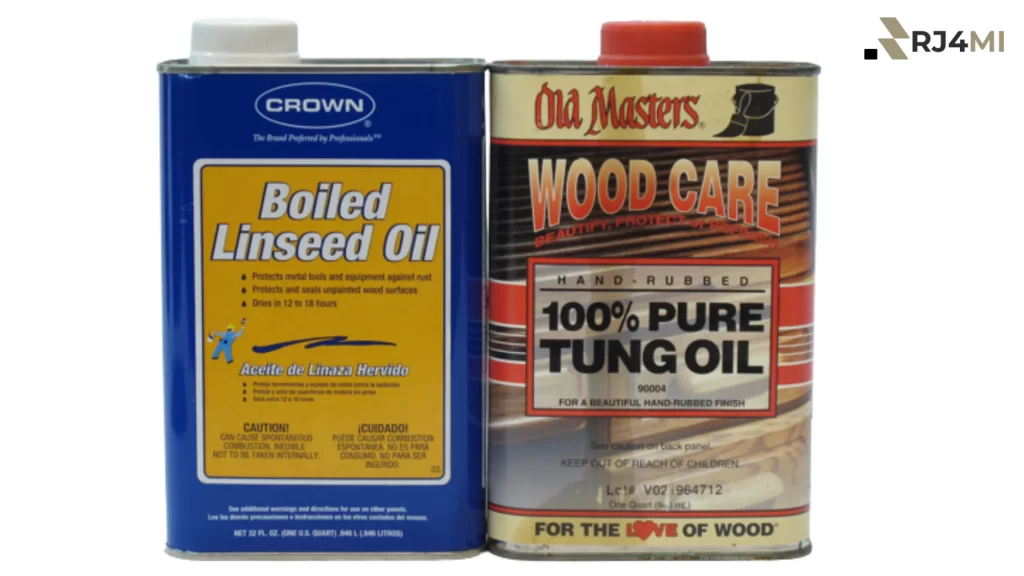
Safety Concerns
- Boiled linseed oil is not food-safe due to chemical additives.
- Raw linseed oil is the purest form but has a long drying time.
- Polymerized linseed oil may be a better alternative, but it is still not ideal.
Recommended Food-Safe Alternatives
- Food-grade mineral oil
- Pure tung oil
- Walnut oil
- Danish oil (if labeled food-safe)
Best Practices for Maintaining Wooden Kitchen Items
- Regularly apply a layer on the wood to keep it conditioned.
- Avoid oils for wood that contain synthetic drying agents.
- Use food-safe finishes for any wood items that will come in contact with food.
Also Read: Rent a Food Truck for an Event: Fun & Delicious Catering
Choosing the Right Wood Finish for Food Preparation Surfaces
When selecting a wood finish for food preparation surfaces, it is crucial to consider food safety. The main question, is boiled linseed oil food safe?, has been answered with a clear no. Instead, safer alternatives like mineral oil, tung oil, and walnut oil should be used to ensure wood is not contaminated.
Understanding the differences between linseed oil and boiled linseed oil helps users pick the right choice for wood preservation and cooking.

